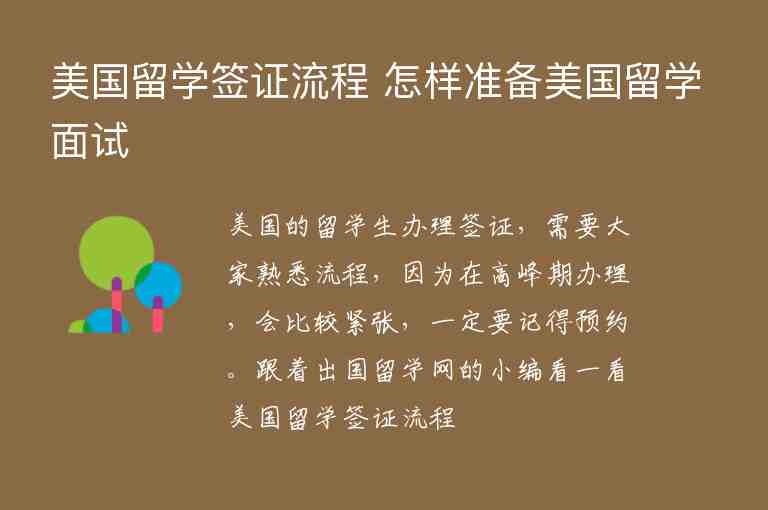一:无家是什么意思(中英文)解释的意思:
无家指的是没有固定住所或者没有家庭的状态。这种状态可能是由于贫穷、流离失所、流浪等原因造成的,也可能是由于选择自由生活而没有固定住所。无家也可以指代一个人在某个地方没有亲戚朋友,没有社会关系,处于孤独无助的状态。
What does "无家" mean (Chinese-English) explanation:
"无家" refers to the state of having no fixed place of residence or no family. This state may be caused by poverty, displacement, homelessness, or it could be a result of choosing a nomadic lifestyle without a permanent home. "无家" can also refer to a person who has no relatives or friends in a certain place and is in a lonely and helpless state.
二:怎么读(音标):
wú jiā (wú jiā)
三:用法:
“无家”通常作为名词使用,表示某人或某物没有固定住所或者没有家庭。它也可以作为形容词使用,表示某人处于孤独、流浪、贫穷等状态。
Usage:
"无家" is commonly used as a noun to indicate someone or something that has no fixed place of residence or no family. It can also be used as an adjective to describe someone who is lonely, homeless, poor, etc.
四:例句1-5句且中英对照:
1. 他从小就无家可归,常常在街头流浪。
He has been homeless since he was a child and often wanders on the streets.
2. 这个城市有很多无家可归的人,我们应该给予他们更多的帮助。
There are many homeless people in this city, we should give them more help.
3. 她因为家庭破裂,变得无家可归。
She became homeless because of the breakdown of her family.
4. 这个游戏讲述了一个无家可归的流浪者的故事。
This game tells the story of a homeless wanderer.
5. 他选择了一种自由生活方式,成为了一个无家可归的旅行者。
He chose a nomadic lifestyle and became a homeless traveler.
五:同义词及用法:
1. 流浪者(liú làng zhě)- 指没有固定住所或者没有固定职业的人,通常是指流浪街头的人。
2. 流民(liú mín)- 指因战乱、灾难等原因而被迫离开家乡寻找新的居住地的人。
3. 游民(yóu mín)- 指没有固定住所、经常在外流浪生活的人。
4. 流客(liú kè)- 指选择自由生活方式,没有固定住所的人。
5. 流浪汉(liú làng hàn)- 通常指无家可归的男性。
Synonyms and usage:
1. Wanderer - refers to a person who has no fixed residence or occupation, usually used to describe someone who wanders on the streets.
2. Refugee - refers to a person who is forced to leave their hometown and seek a new place to live due to war, disaster, etc.
3. Vagabond - refers to a person who has no fixed residence and often leads a wandering life.
4. Nomad - refers to a person who chooses a free lifestyle and has no fixed residence.
5. Tramp - usually refers to a homeless man.
六:编辑总结:
无家是一个具有负面含义的词语,它指代了一种没有固定住所、没有家庭、处于孤独无助状态的生活。在使用时应当注意避免伤害到那些处于这种状态的人,同时也要给予他们更多的关心和帮助。同时,我们也应该反思如何改善社会环境,减少无家可归者的数量。
